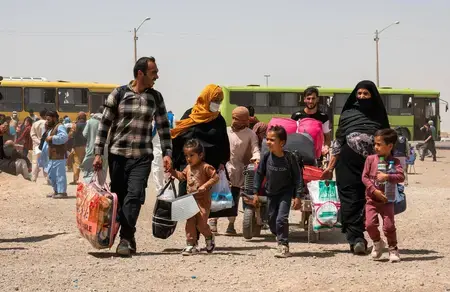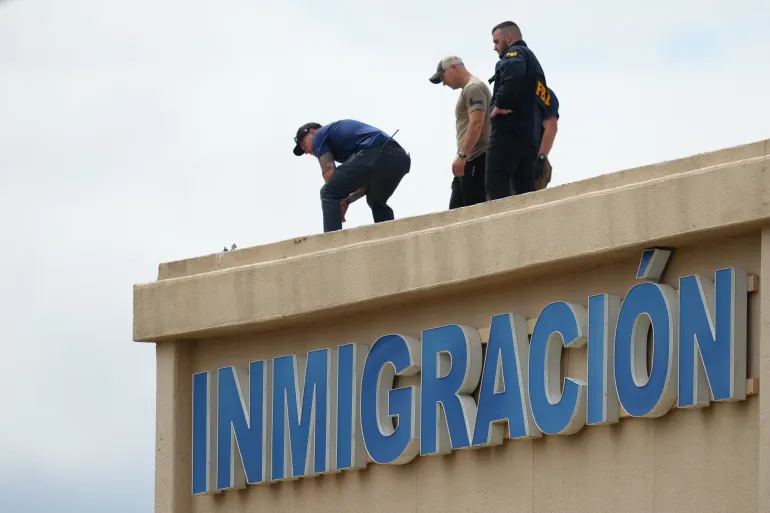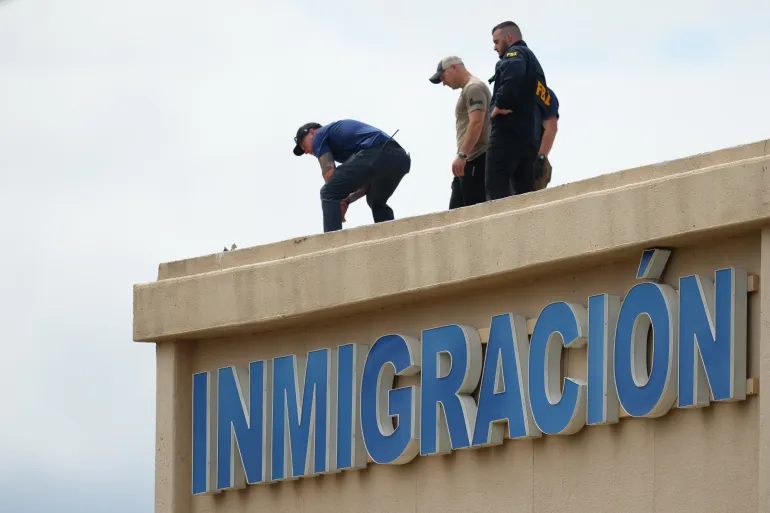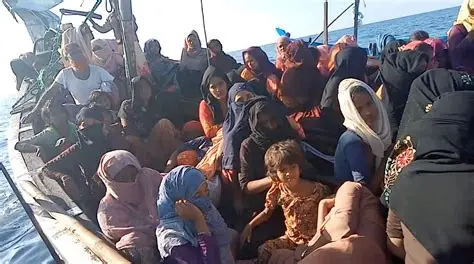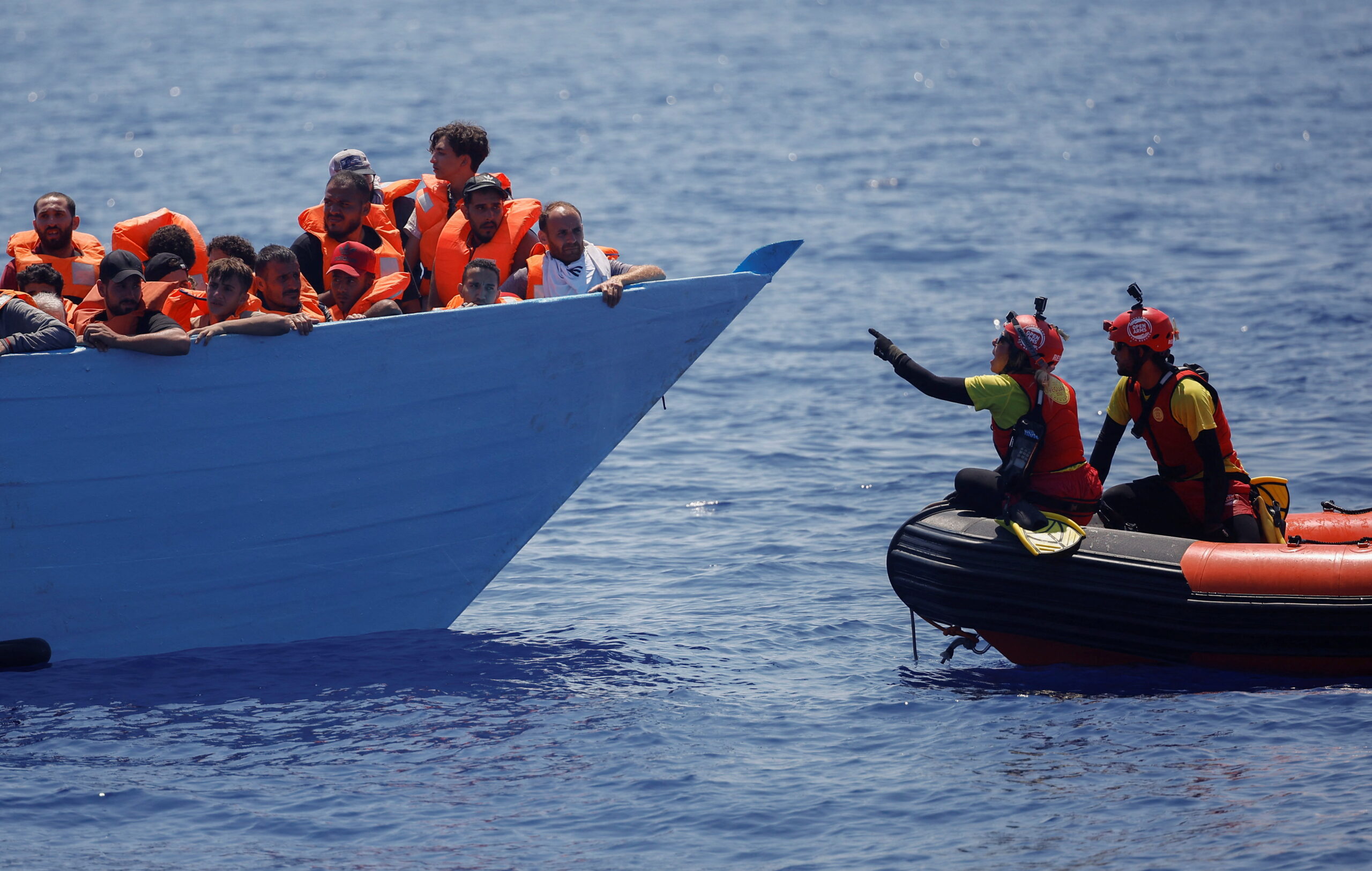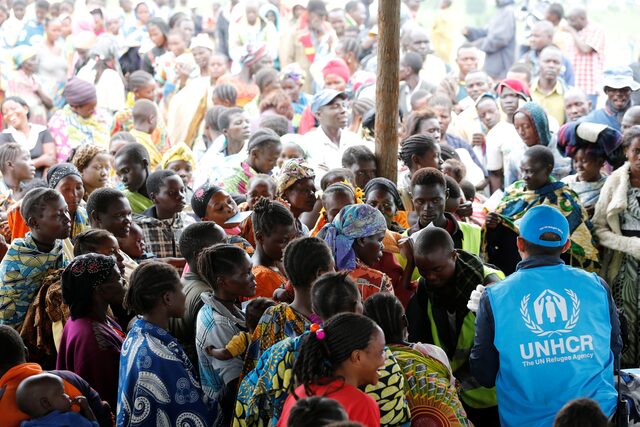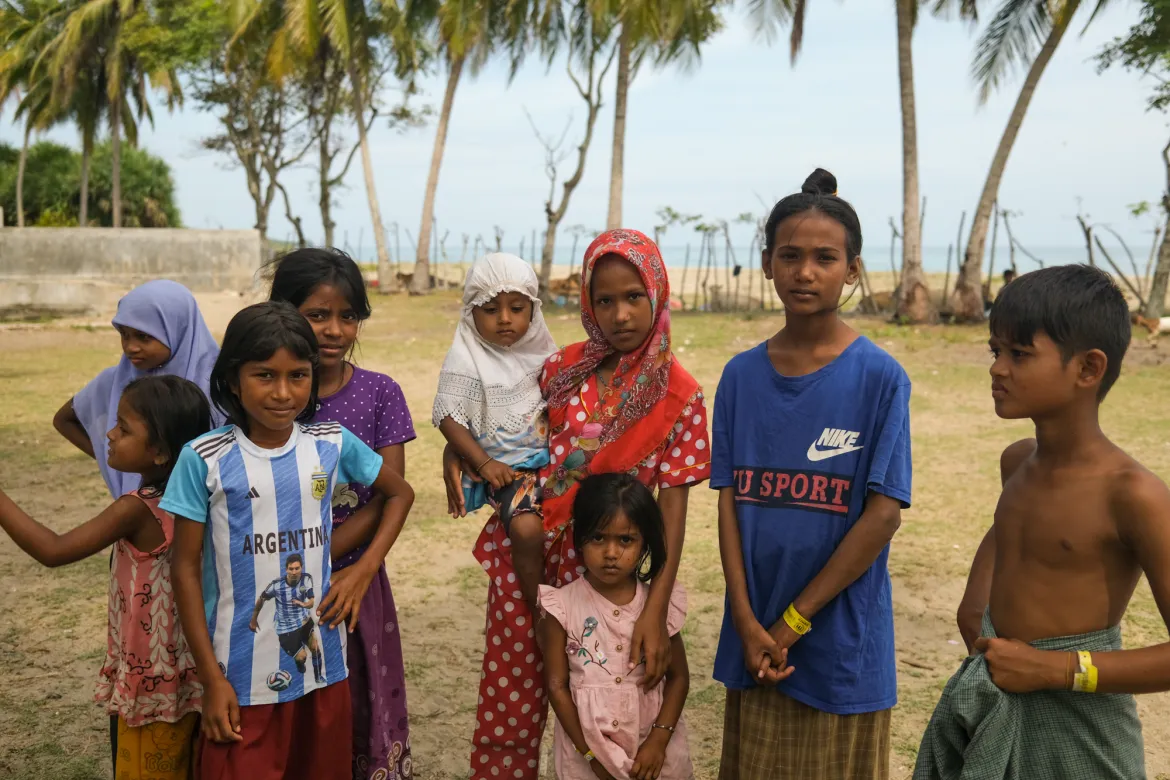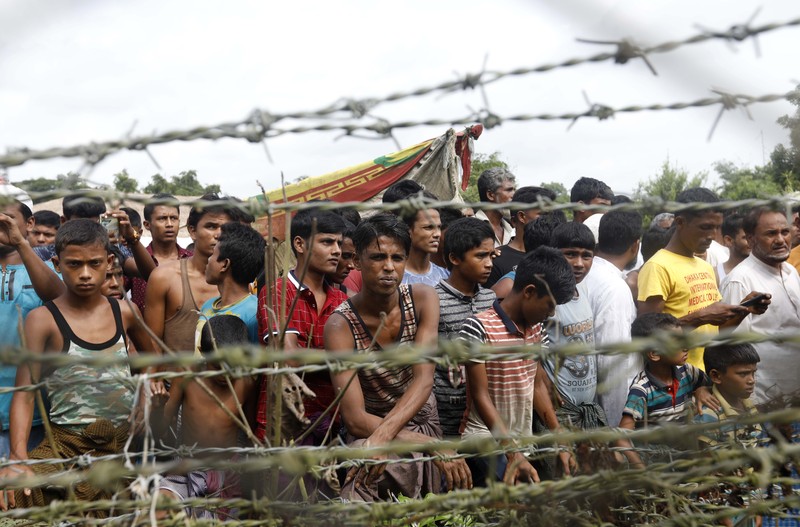Two Migrant Caravans Prepare to Depart from Southern Mexico Amid Growing Tensions and U.S. Election Campaign
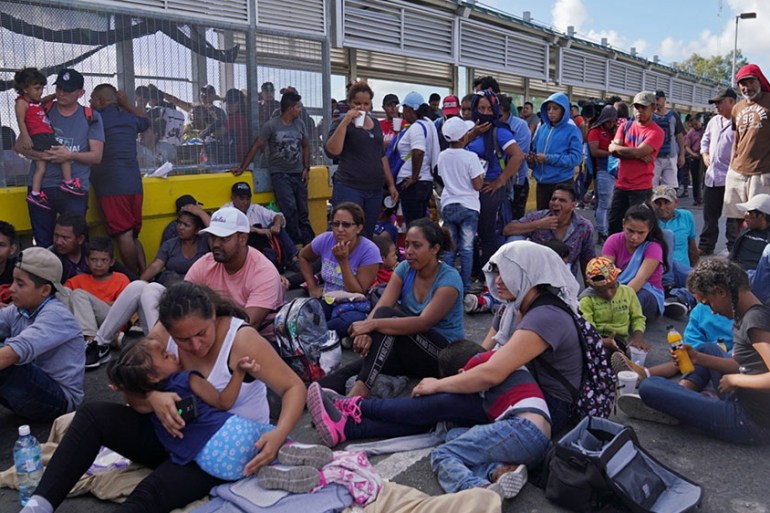
Archive/ Al Jazeera.
Two large caravans of migrants are set to depart from the southern Mexican state of Chiapas, where an estimated 70,000 migrants are currently stranded, awaiting the opportunity to continue their journey northward.
The caravans, organized by activist groups advocating for migrant rights, will set off from two cities, Tuxtla Gutiérrez and Tapachula, on the border with Guatemala.
These migrant groups are calling for a unified departure on the same day, seeking to move as one collective force toward the U.S. border.
The activists coordinating the caravans are urging migrants, many of whom have been stuck in southern Mexico for months, to join the journey as a united front.
The migrants, largely from Central America and other regions, have been living in precarious conditions in overcrowded shelters and makeshift camps, often facing uncertain futures as they wait for permits to continue their travels or for a resolution to their legal status in Mexico.
The timing of the caravans’ departure is particularly significant, as it coincides with Election Day in the United States.
The topic of immigration has been a central issue in the U.S. presidential campaign, with candidates from both major political parties grappling with how to address the ongoing influx of migrants at the southern border.
The mobilization of these caravans could further stoke political debate in the U.S. over immigration policies and border security.
For many migrants in Chiapas, the caravan offers a rare opportunity to continue their journey northward, but the path ahead is fraught with challenges.
Migrants face the risk of being intercepted by Mexican authorities, and the dangers of traveling through Mexico’s northern states, where criminal groups and harsh conditions have claimed the lives of many who attempt to cross.
The caravans’ departure marks another chapter in the ongoing migration crisis in the Americas, as thousands of people continue to flee violence, poverty, and instability in their home countries.
While the caravans have garnered significant attention, both in Mexico and internationally, the situation on the ground remains deeply complex.
Migrants are caught between the pressing need for a better future and the realities of navigating border politics, public opinion, and uncertain policies in both Mexico and the U.S.
As the caravans prepare to leave, their departure will likely be watched closely by both governments and international observers, as it could potentially influence the broader conversation around migration in the region and beyond.
Agencies.
- Most Viewed
- Most Popular


